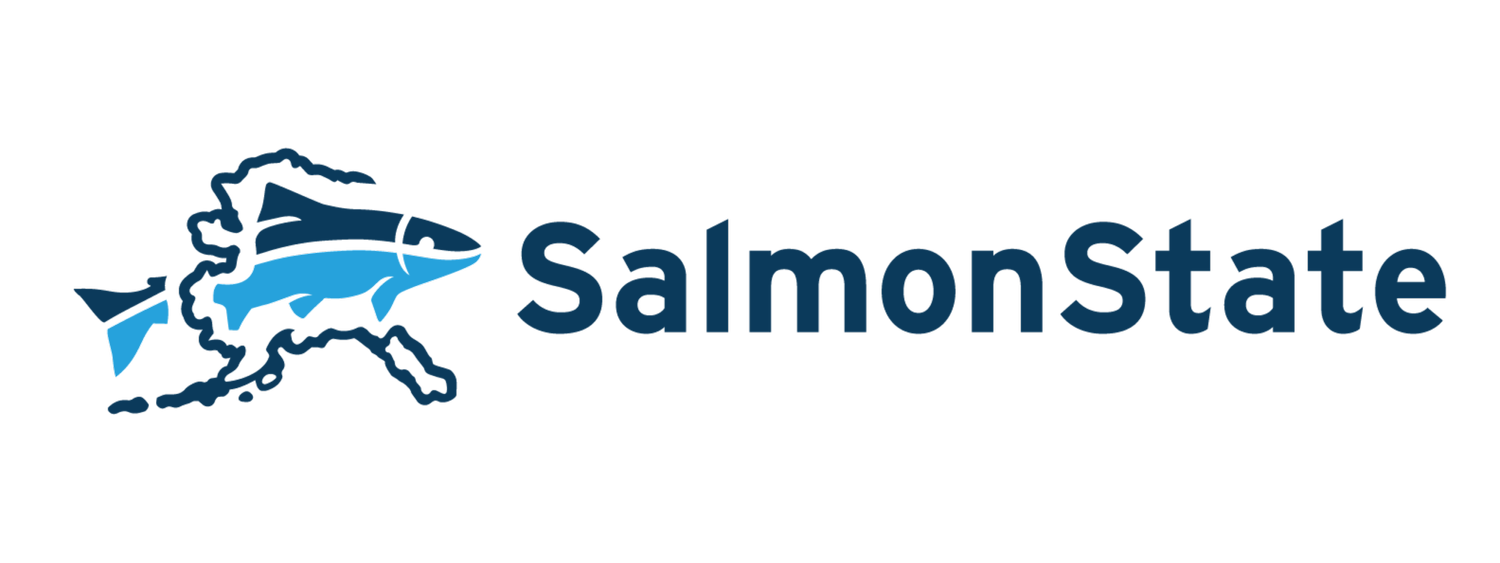Featured Press Release
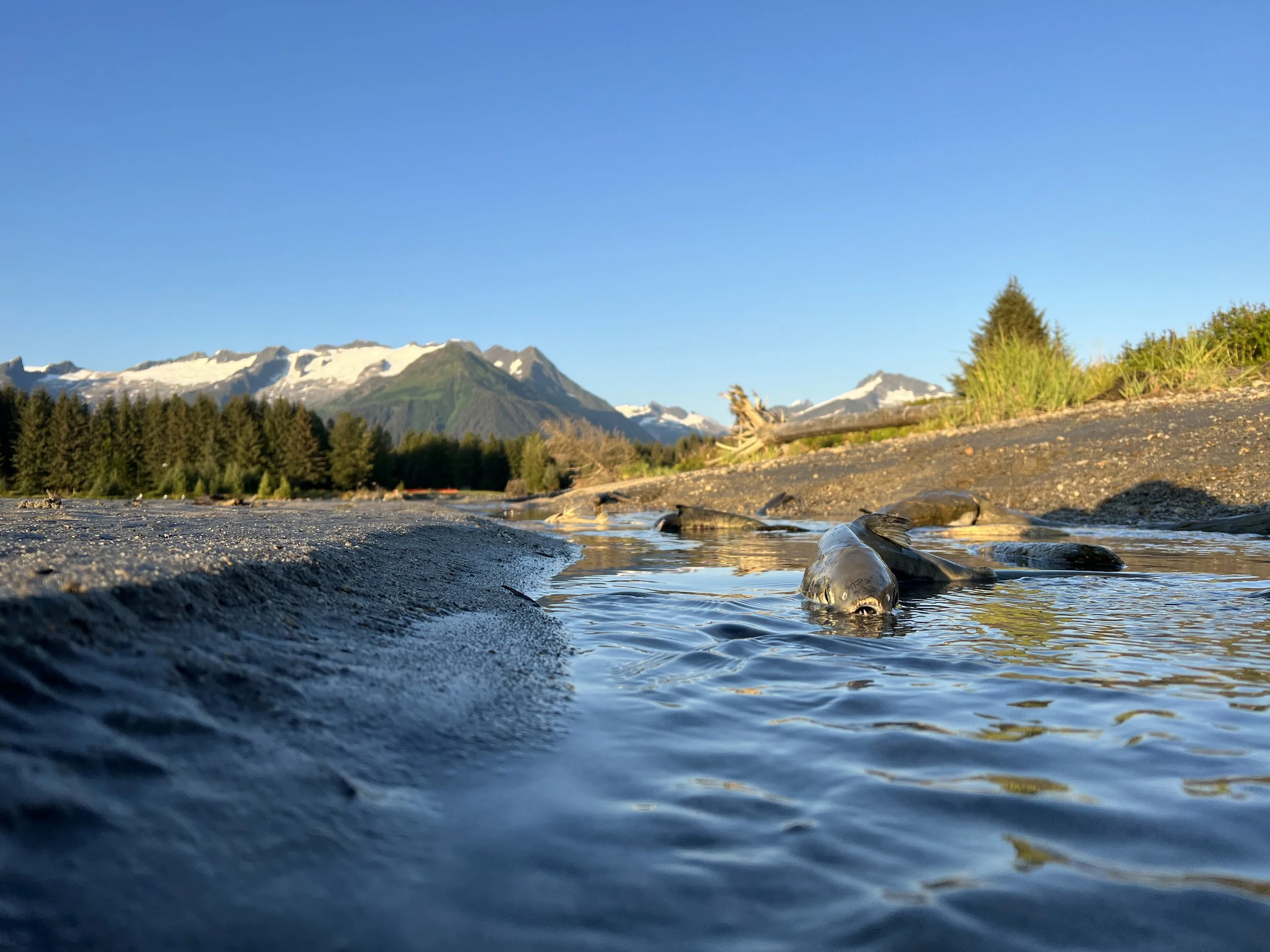
Making nothing look like something
ANCHORAGE, AK— Alaskans condemn the North Pacific Fishery Management Council’s continued failure to rein in trawlers’ prolific bycatch of chum salmon at its February meeting. The Council, whose voting majority has an economic interest in the trawl fleet, heard powerful testimony from Indigenous Alaskans on the humanitarian crisis facing their communities, the role trawlers’ bycatch of chum salmon plays in that crisis, and the action needed to reduce it.
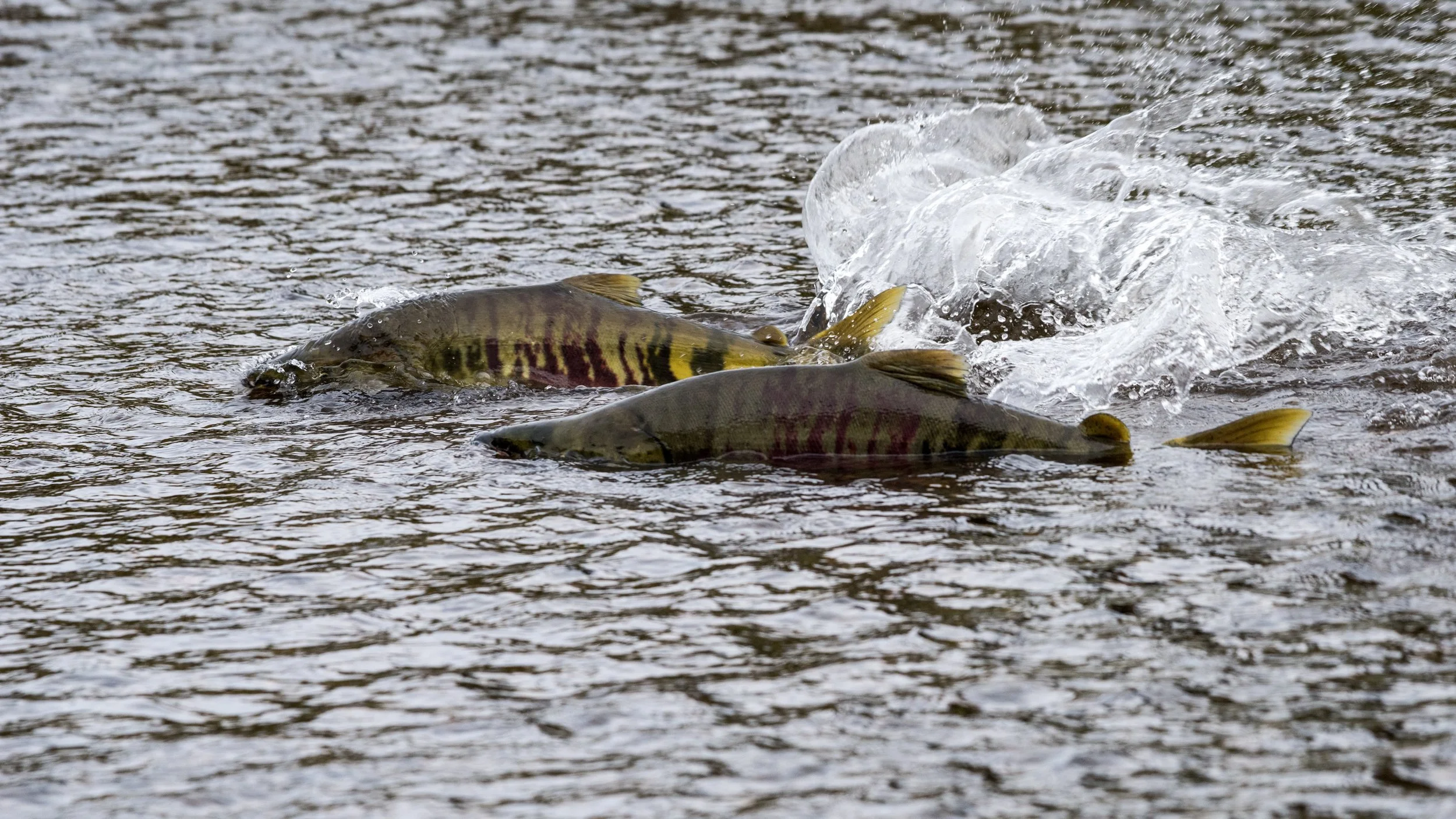
Making the best of the bad: SalmonState urges action on chum bycatch caps
At its February 2-11 meeting, the North Pacific Fishery Management Council will be considering several insufficient ways to address something long criticized by Alaskans: trawlers’ unlimited catching and discarding of chum salmon, which has for years continued to occur even as Alaskans face severe restrictions and outright bans on fishing intentionally for this same species.
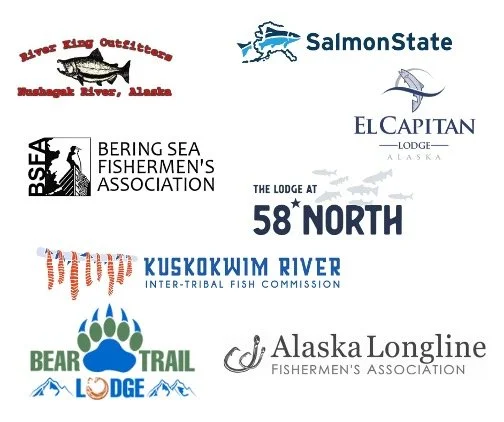
Alaskans: MSC recertification of Amendment 80 bottom trawling is greenwashing
ANCHORAGE, ALASKA—The Marine Stewardship Council (MSC) quietly announced just before the holidays that it had recertified Bering Sea Aleutian Islands and Gulf of Alaska flatfish as “sustainable” — claiming that this decision "received no objections and therefore holds.” This fishery includes the “Amendment 80” bottom trawlers, which fish under the Bering Sea Aleutian Island Fishery Management Plan, as well as other bottom trawlers in the Gulf of Alaska.
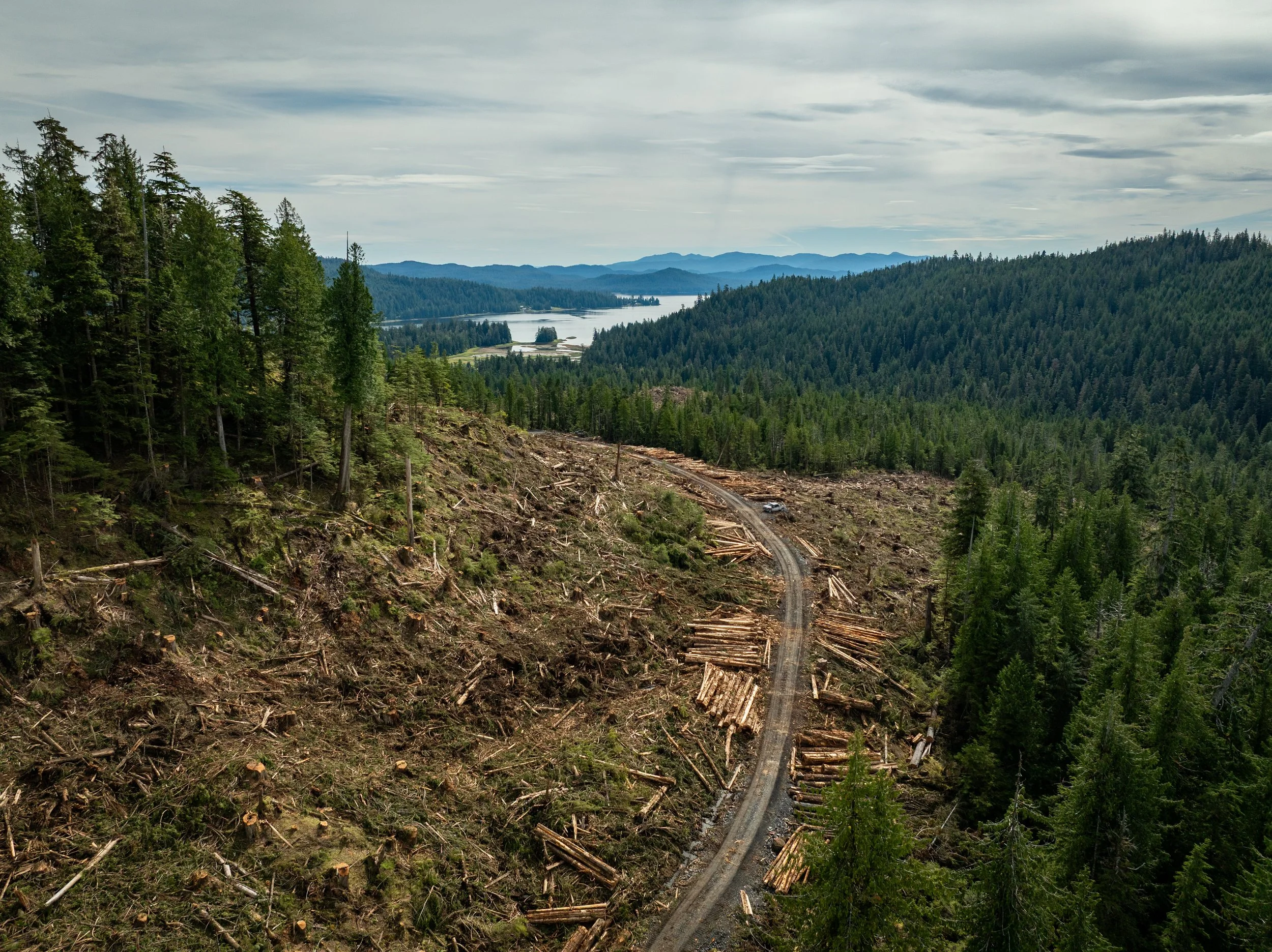
Southeast Alaska to Trump Administration on Roadless: “We’ve moved on.”
JUNEAU, ALASKA—Alaskans, organizations, and businesses today reacted with disappointment as the Trump Administration announced it will once again eliminate “Roadless Rule” protections from national forests, including the Tongass National Forest in Southeast Alaska. The 2001 "Roadless Area Conservation Rule" prohibits the construction of new roads into wild areas of the Tongass, which in many cases serve as critical undisturbed habitat for salmon and wildlife, provide high quality hunting and fishing opportunities and drive the booming recreation and tourism industry.

New Administrative Orders on Resource Development Betray Everyday Alaskans Who Fish, Hunt, and Sustain Family Businesses on Natural Resources
JUNEAU, AK– New Administrative Orders from Governor Dunleavy published this week, Dunleavy administration eyes grants to NGOs for possible cuts in Alaska budget, negatively impacting every Alaskan who hunts, fishes, and depends on wild salmon in favor of outside interests whose sole objective is increasing billionaire bank accounts and lining the pockets of far off investors.

Alaskans to Rep. Nick Begich: banning bottom trawling should be a top priority
ANCHORAGE, ALASKA— In a recent survey of more than 1,000 Alaskans, most named banning bottom trawling as their top priority when it comes to federal fisheries management in Alaska.
Illustration credit: Oceana
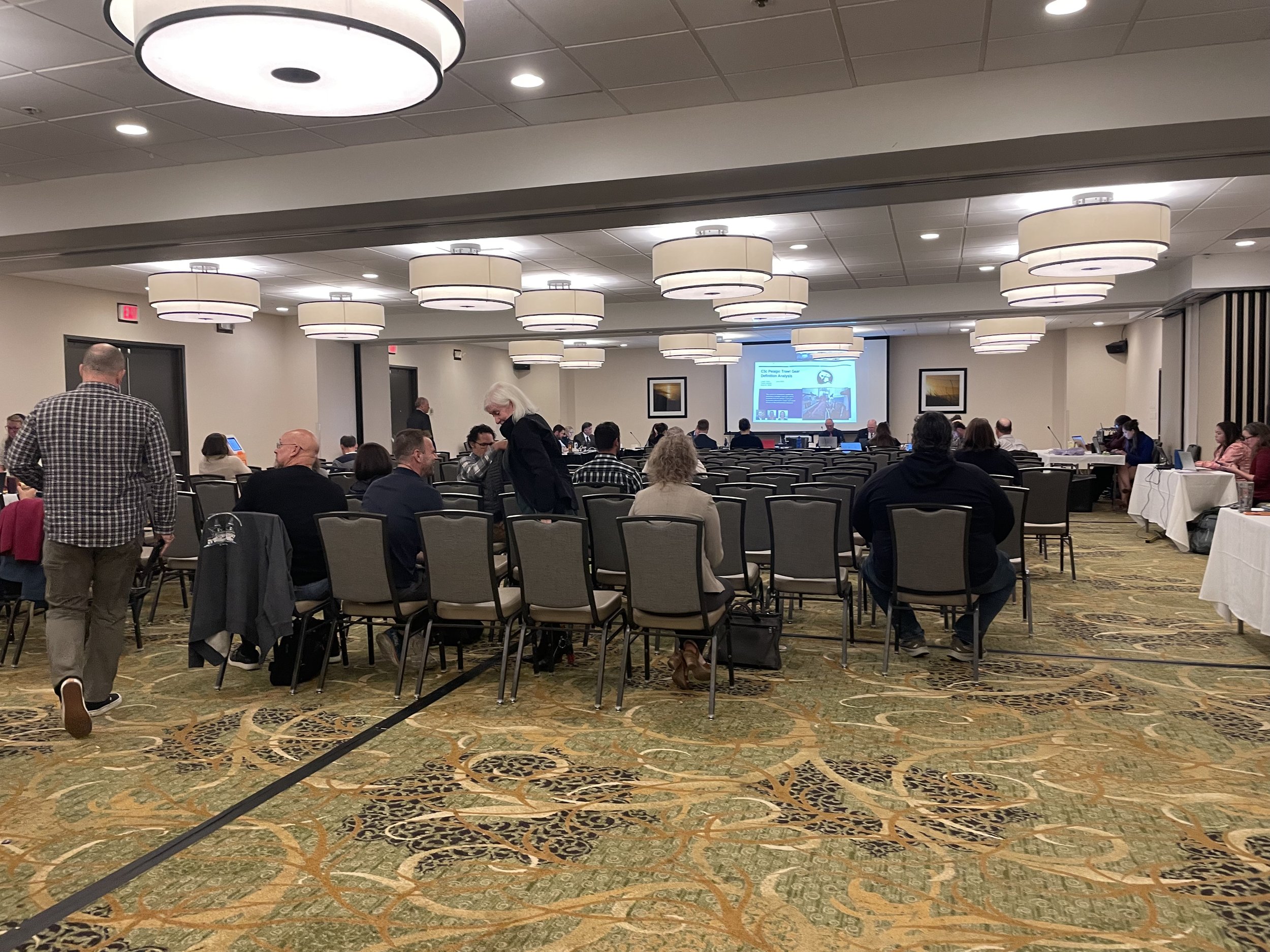
Alaskan Frustrations Mount as NPFMC Council Discards Concerns Raised and Continues Pro-Trawl Policies at Meeting Held in Oregon
Juneau, AK: A headline in Under Current News published June 9th read: “North Pacific Council Bucks Critics, Preserves Status Quo for Alaska Trawlers”. This is not the news that Alaskan coastal communities and fishermen were hoping for. The North Pacific Fishery Management Council at their June meeting, which ended Tuesday, decided once again to postpone meaningful action to update its definition of “pelagic trawl gear” and continue allowing midwater trawl gear to contact up to 100% of the area fished with the seafloor.

The system is broken, but persistent testimony is making a difference
ANCHORAGE, AK— While the North Pacific Fishery Management Council did not take final action at its February special meeting to institute a cap on the Bering Sea pollock trawl fleet’s bycatch of chum salmon, SalmonState is encouraged by the depth, knowledge and importance of the testimony from western and Yukon River Alaskans experiencing devastating chum salmon declines, advocacy for Indigenous inclusion in the decision-making process, and a more respectful tenor to the meetings than there has been in years past.
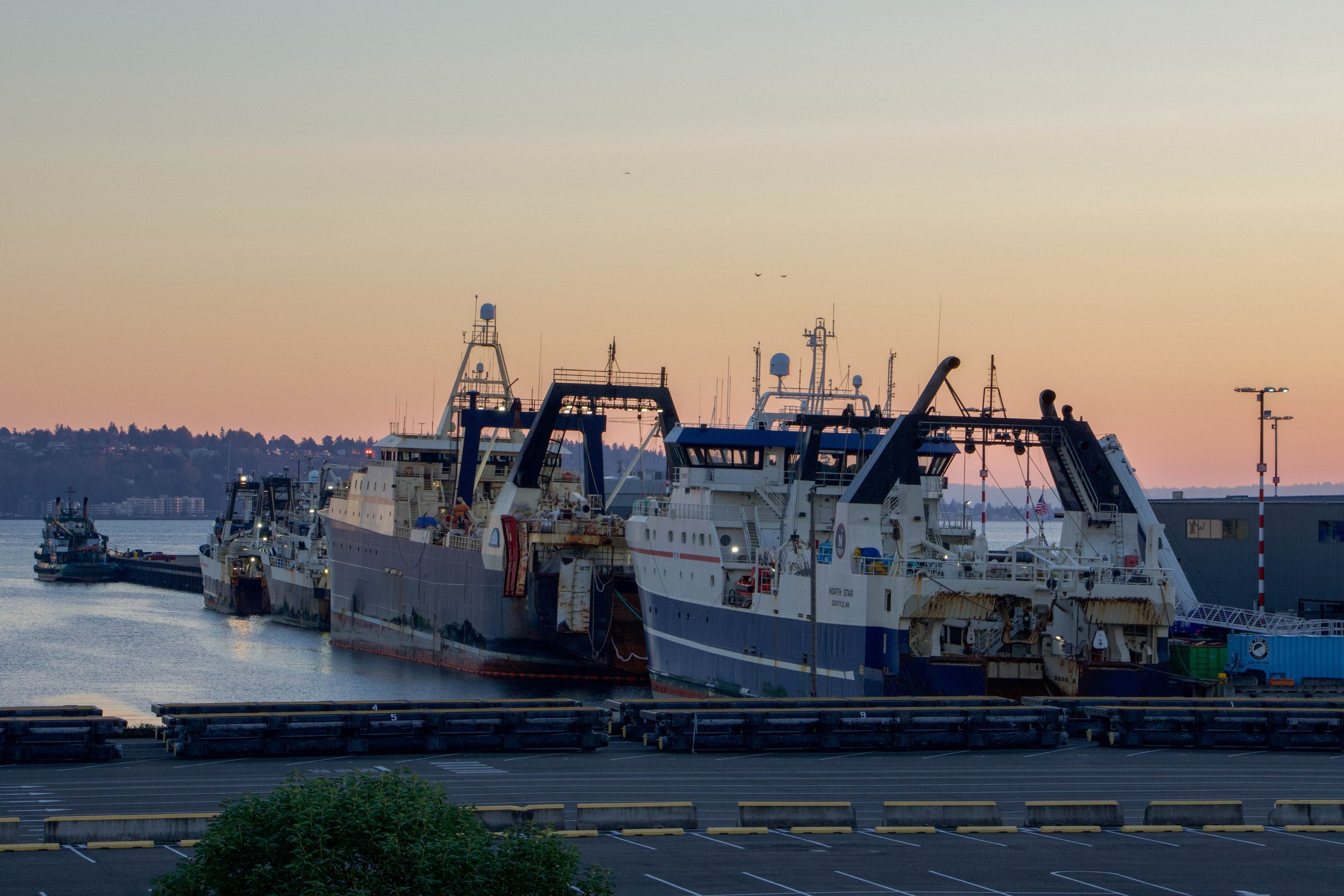
Council to consider trawl bycatch limit for chum salmon
The North Pacific Fishery Management Council this week will consider limiting trawlers’ bycatch of chum salmon in the Bering Sea pollock pelagic trawl fishery. From 2014 to 2023, trawlers have bycaught (caught and then largely discarded) more than 300,000 chum salmon each year on average. Meanwhile, Western Alaska communities, traditional chum salmon fishermen, small boat commercial fishermen, and everyday Alaskans have been experiencing chum salmon restrictions and shutdowns.
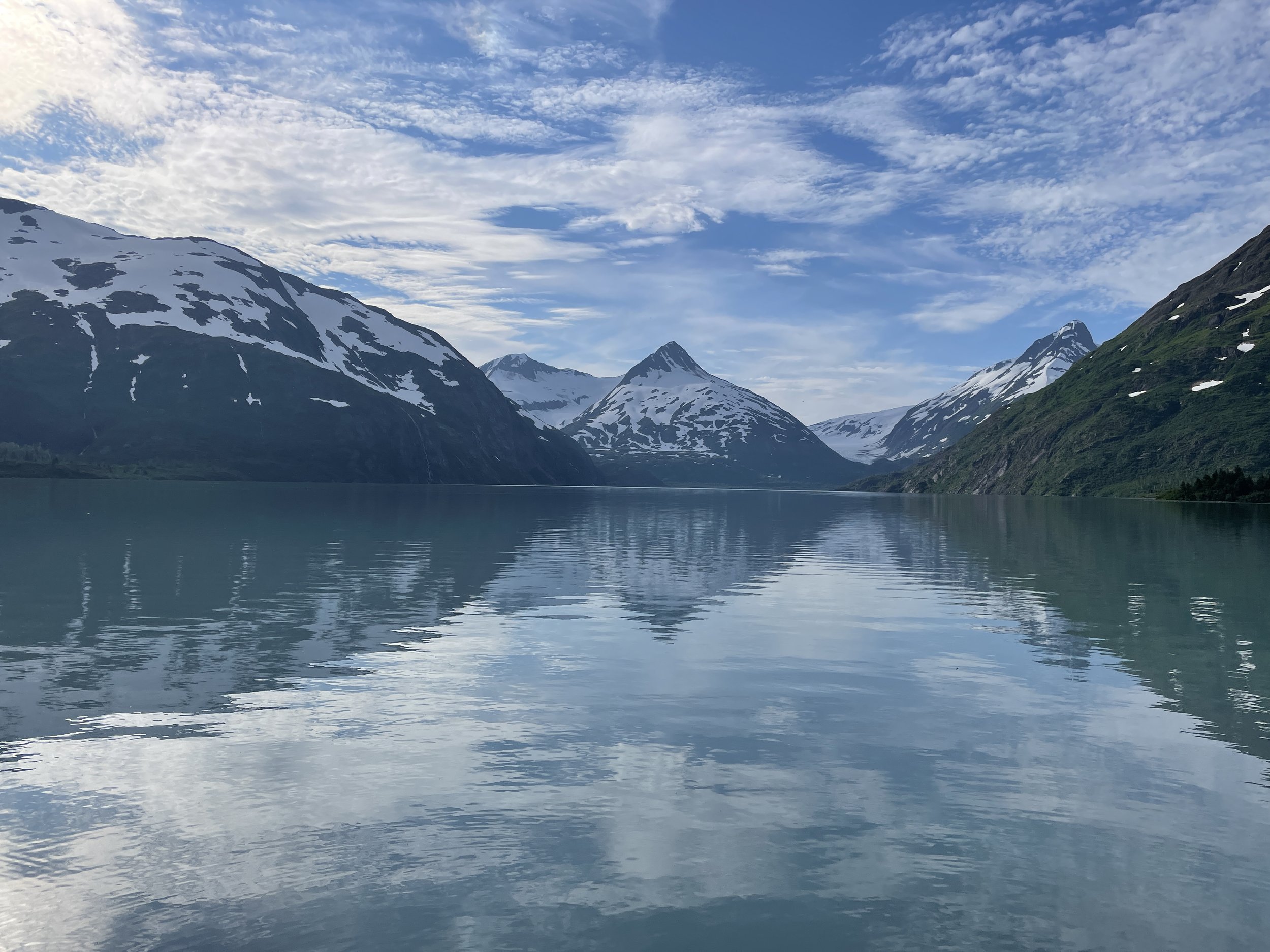
Board of Fisheries could stop trawl bycatch in little-known Prince William Sound trawl fishery
CORDOVA, ALASKA—The Alaska State Board of Fisheries is this week set to consider four proposals that would reduce or eliminate bycatch in Alaska’s only state-managed pollock pelagic trawl fishery, which takes place from January 20 through March 31 in Prince William Sound. The fishery has zero observer coverage and while supposedly “midwater,” trawlers regularly bycatch bottom-dwelling species like shortraker and rougheye rockfish, halibut, black cod, lumpsuckers, skates, sole, flounder, octopus and prowfish, as well as non-bottom species like Chinook salmon, chum salmon, and squid.
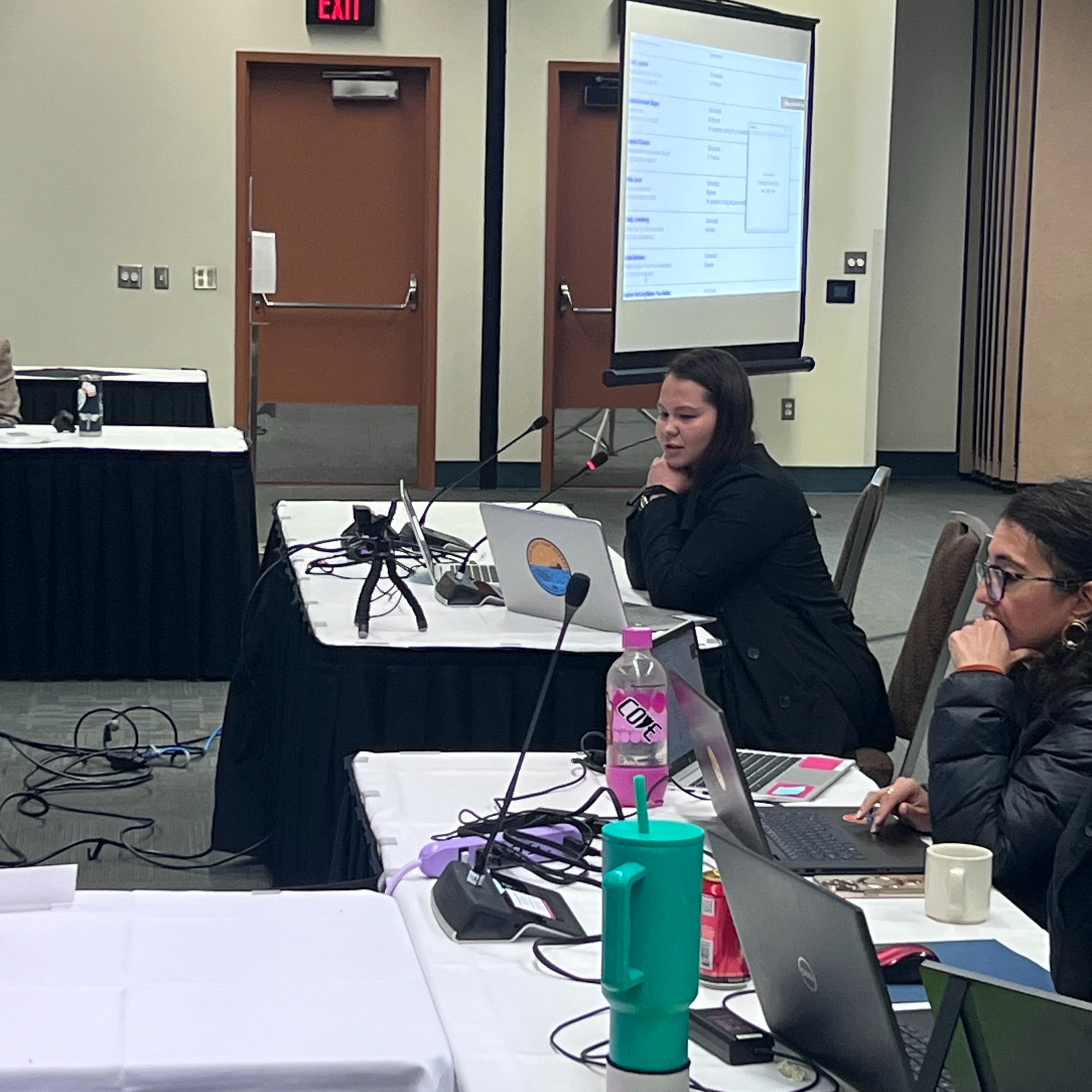
SalmonState: Disappointment with Council’s decision to punt, again, and allow trawlers to continue to drag bottom in protected areas supposedly closed to bottom trawling for at least three more years
“Once again, the Council has failed to take a common-sense step to close a trawl-sized loophole in the fishery it manages,” said Tim Bristol.
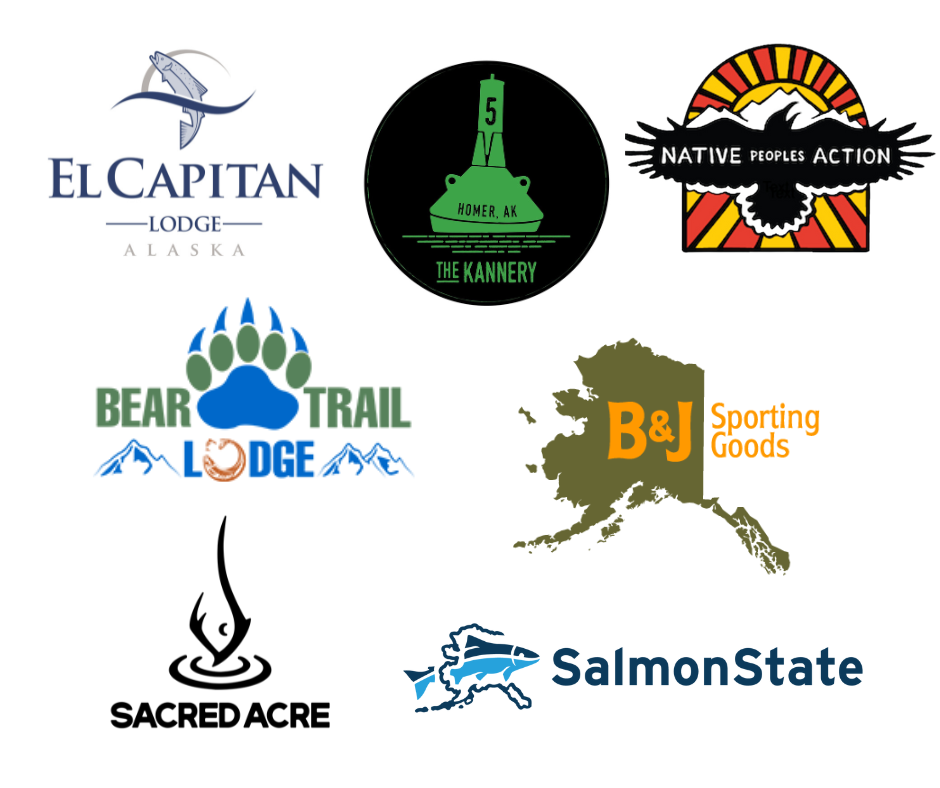
NMFS Closes Gulf of Alaska Trawl Season Early Due to Alarming Chinook Bycatch
ANCHORAGE, AK— The National Marine Fisheries Service was forced to close most of the Gulf of Alaska to pollock trawling last week after two “midwater” trawlers accidentally netted 2,000 Chinook salmon in one day bringing the estimated season total of Chinook bycatch to near or over their allowable number. While pelagic or midwater gear is supposed to be off the seafloor, recent studies found that trawl nets contact the bottom on average 40% to 80% of the time, with rates up to 100% on factory ships, also called catcher/processors. Last week's closure halts fishing for 20 boats ahead of their scheduled Nov. 1 closure. The North Pacific Council will meet this week in Anchorage to discuss whether or not to clarify if midwater nets should be allowed to drag the bottom.
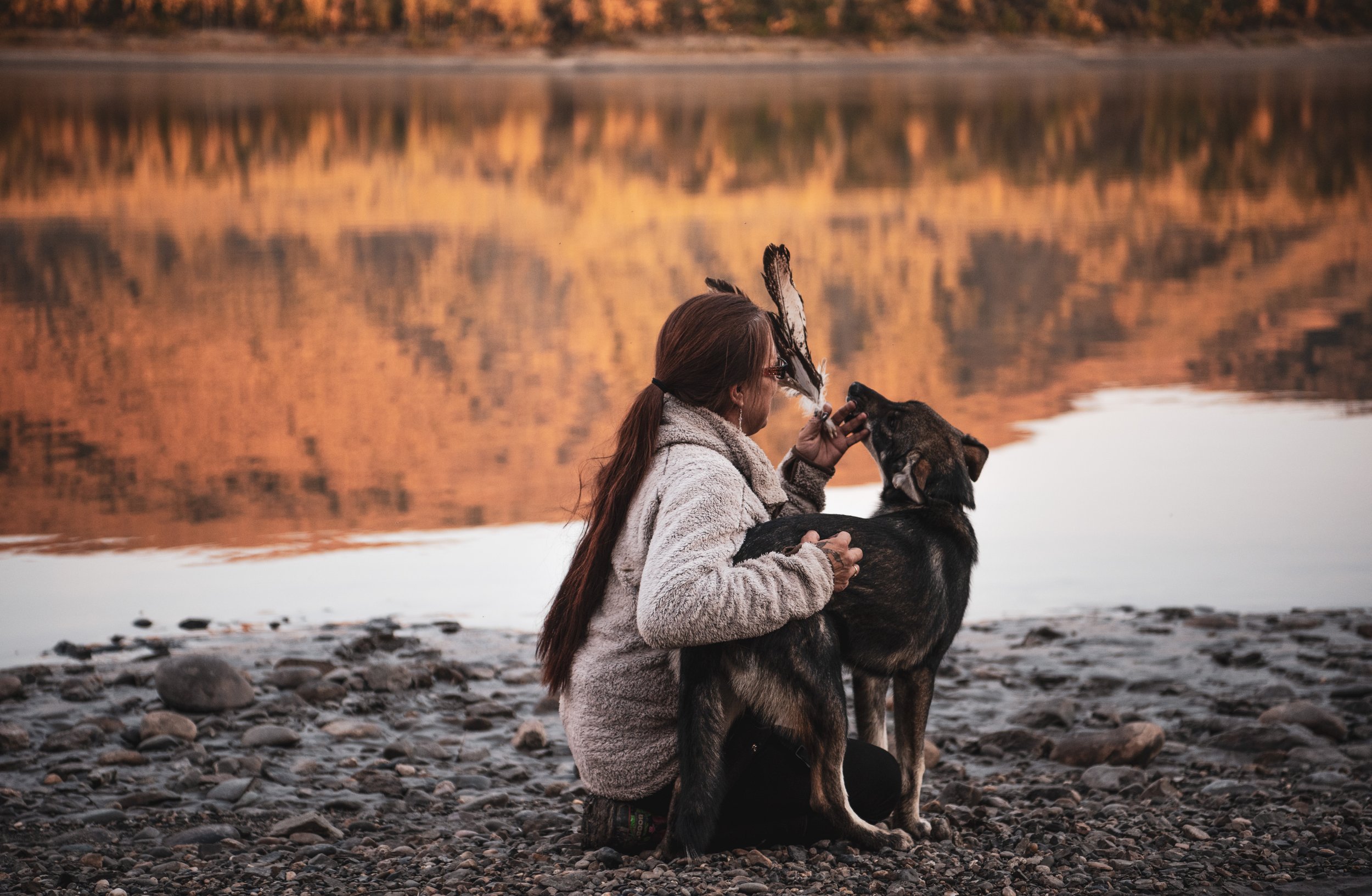
“Enormous Win for Alaska:” Statewide federal protections finalized
ANCHORAGE, ALASKA — SalmonState and the Wild Salmon Center applaud the Bureau of Land Management (BLM) for its announcement today that it is listening to Alaskans, Tribes, businesses and communities and finalizing protections for 28 million acres of D-1 lands across Alaska, from the Yukon-Kuskokwim, to Bristol Bay, to Eastern Alaska.
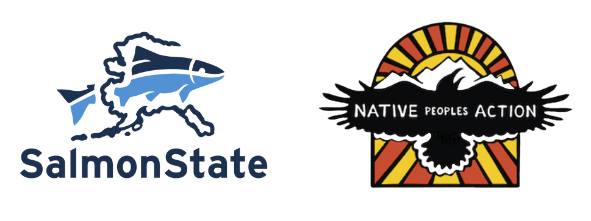
“Deep disappointment” from Alaskans at Biden Administration's trawl appointee
JUNEAU—The Biden Administration’s rejection today of Washington Governor Jay Inslee’s top appointees for a seat on the North Pacific Fishery Management Council is a source of deep disappointment for a broad cross-section of Alaskans.
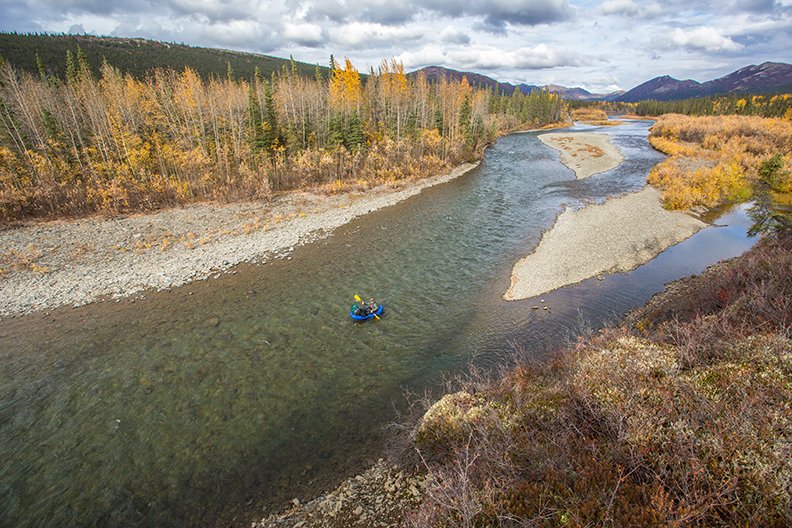
Wild salmon nonprofits applaud BLM for listening to Alaskans, Tribes, communities, protecting D-1 lands
“With this decision, the Biden Administration is prioritizing protections for fish, wildlife and the people who depend on them,” said SalmonState Public Lands and Waters Lead Rachel James.
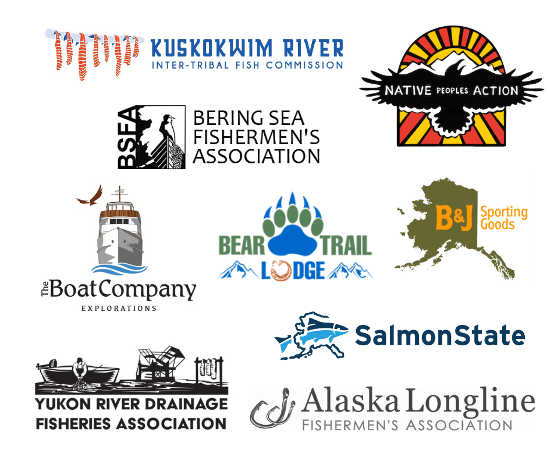
AK fishing groups, Tribes applaud Rep. Peltola’s bycatch bills
Rep. Mary Peltola, D-Alaska, on May 22 introduced a pair of bills responding to Alaskans’ deep concerns about the impacts of federally managed industrial trawl fisheries on the lives, cultures and livelihoods of Alaskans. The Kuskokwim River Inter-Tribal Fish Commission, Bering Sea Fishermen’s Association, Native Peoples Action, SalmonState, Alaska Longline Fishermen’s Association, The Boat Company, Bear Trail Lodge, B&J Sporting Goods and DeepStrike Sportfishing all applaud Rep. Peltola’s leadership and action and look forward to working with Congress to pass these bills into law. Immediate action is imperative in order to turn the tide on dwindling numbers of Alaska’s most valuable and iconic fish species.
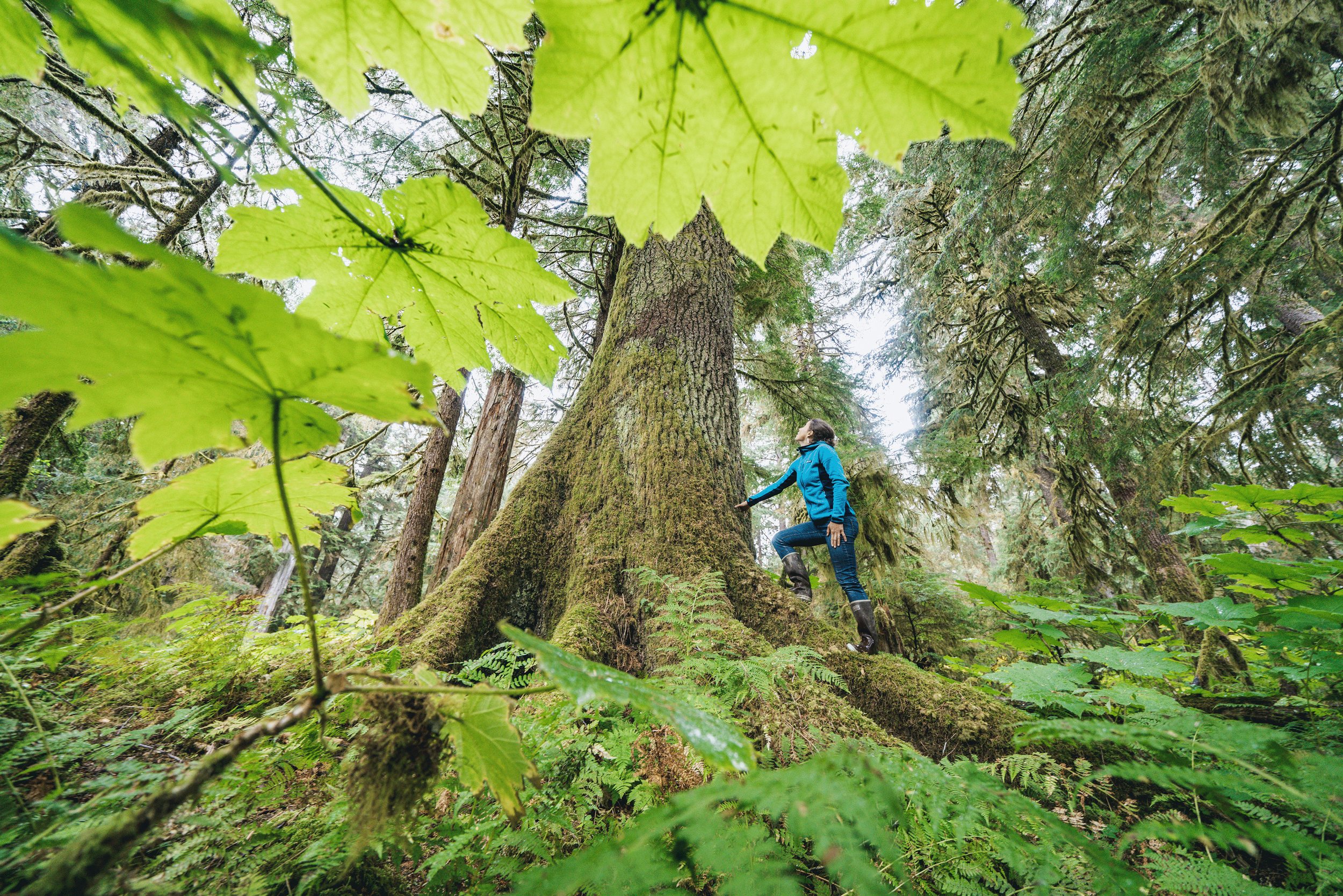
Forest Service to rezone nation’s largest forest: the Tongass
JUNEAU—SalmonState commends the U.S. Department of Agriculture for today announcing that it is beginning, for the first time in almost three decades, a first full rewrite of the Land Management Plan for the Tongass National Forest in Southeast Alaska.
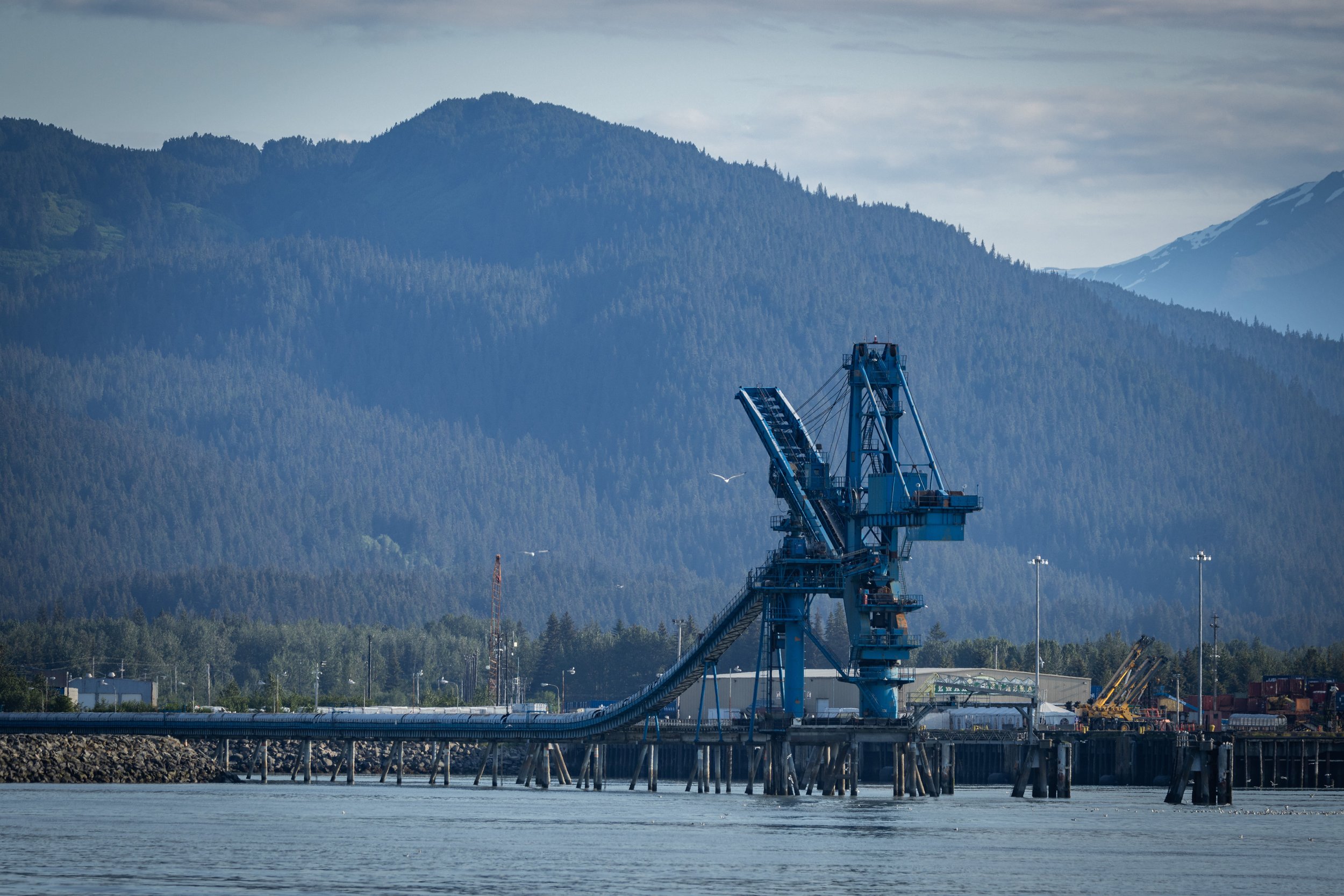
New economic reports show AIDEA fails at creating jobs, succeeds at eluding legislative oversight
JUNEAU, ALASKA — Three new independent reports from respected long-time Alaska economists Gregg Erickson and Milt Barker show that the Alaska Industrial Development and Export Authority (AIDEA) largely fails at creating jobs or generating new economic opportunity, engages in wasteful loan practices, and has become “in many respects an autonomous organization, exempted from the most important laws that protect the public.”
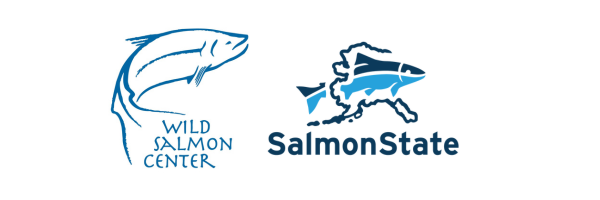
As Biden Administration Weighs Future of Alaska BLM Lands, Massive Wave of Support for Protections
Anchorage, AK — A massive wave of public support turned out over the last two months in favor of protections from mining and oil and gas development across 28 million acres in Alaska managed by the Bureau of Land Management. Over half of Alaska’s 227 federally recognized Tribal governments have voiced strong support for protection across these public lands. This includes three of the largest Tribal consortia in the state – Tanana Chiefs Conference, Association of Village Council Presidents, and Kawerak.
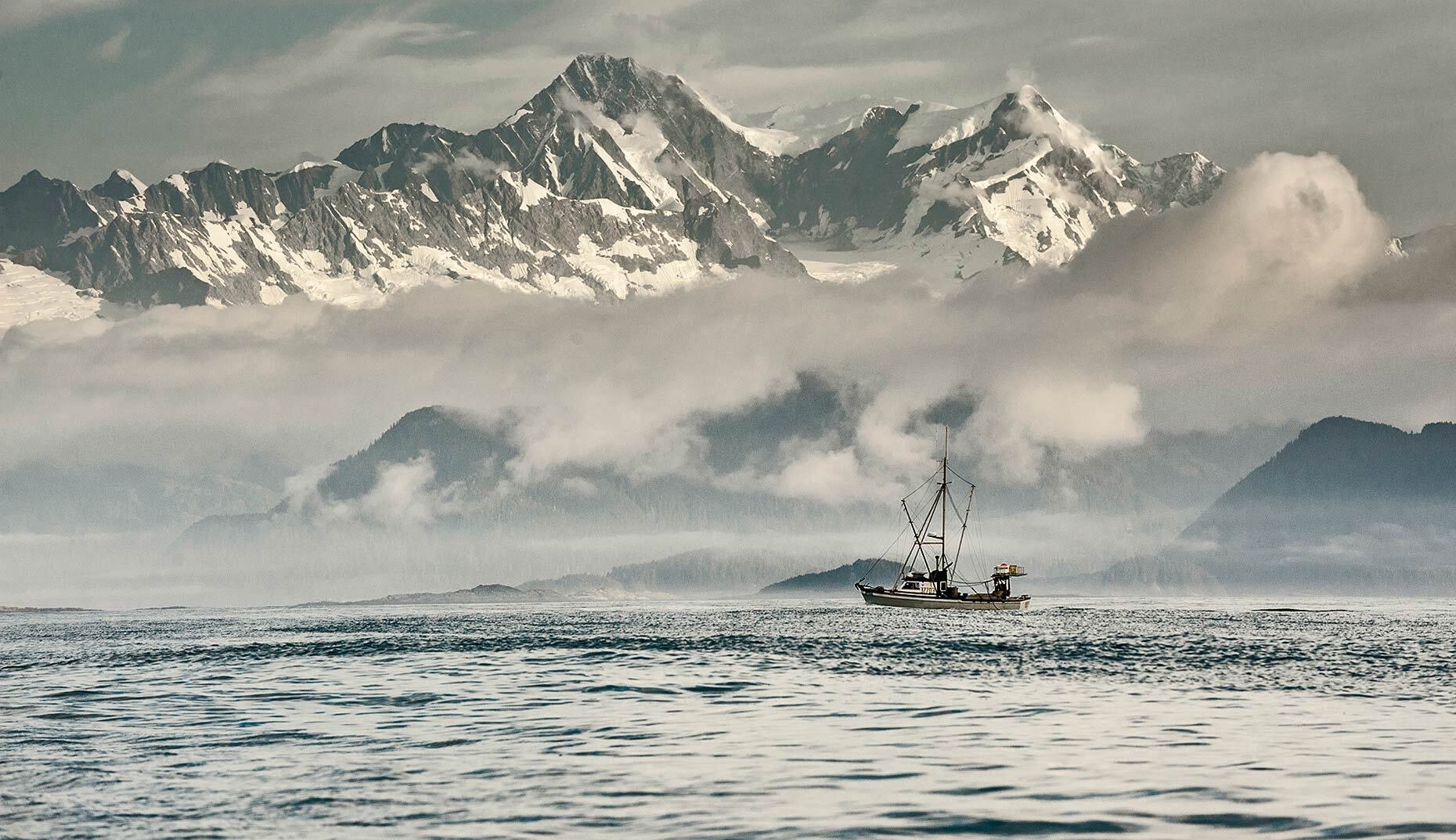
SalmonState responds to petition to list Gulf of Alaska king salmon as endangered
“This petition is an extreme attempt to reallocate wild salmon that, once again, fails to consider or address the actual threats to Chinook.”
